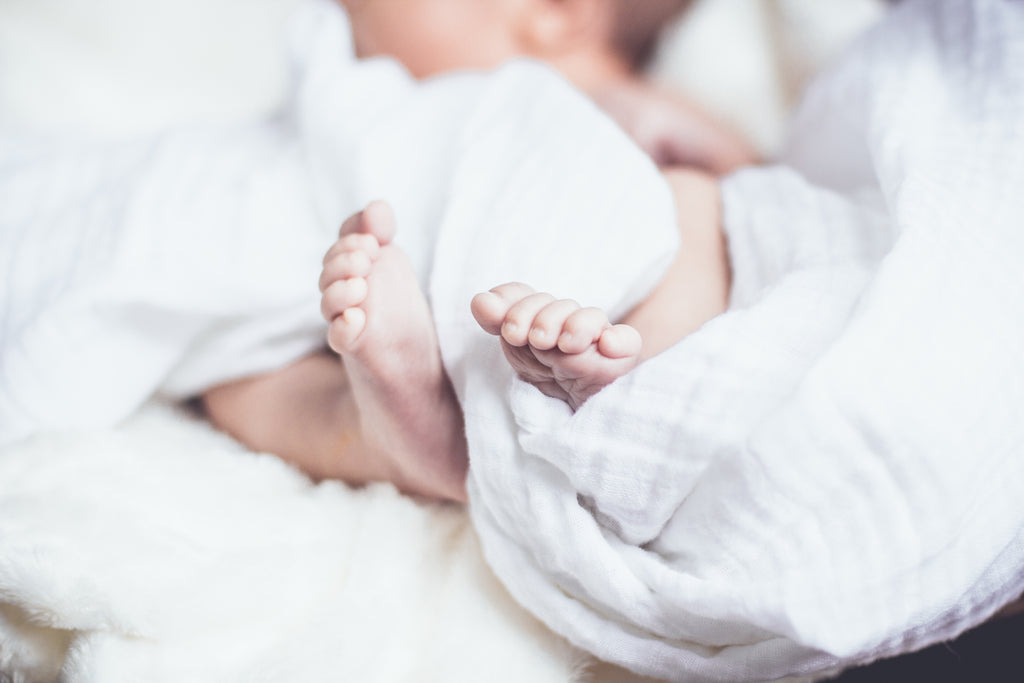If you currently rock, cuddle or feed your baby to sleep, you are probably finding that you need to do that several times throughout the night to help your baby go back to sleep after she wakes. Baby comforters work in the same way as rocking and feeding your baby because they aid her to sleep. The difference is that she can use the comforter independently, without calling for you. Her comforter will provide reassurance during times of stress, change, or separation.
Studies have also found that baby comforters play a major role in helping children to cope when anxious or concerned. Research has even found that baby comforters are as effective as mum in reducing any moderate distress in babies. If your baby is struggling to sleep through the night, a baby comforter could prove to be a worthwhile investment.
Choosing Your Baby’s Comforter
I recommend choosing your baby’s comforter for her. Pick something that’s easy to replace if lost and designed especially for infants. A comforter for babies should have no parts that could represent a choking hazard, such as buttons for the eyes or nose.Something soft and tactile is perfect for stroking as your baby drifts off to sleep, but make sure there’s no loose fur pile that your baby could breathe in. And keep the colours pale. Babies are easily stimulated by bright colours and you want your baby to be soothed by her comforter, not ready to play!
Also, make sure it’s machine washable. Your baby’s comforter will definitely get pretty grotty at times!
At What Age Should I Introduce a Baby Comforter?
Before giving the comforter to your baby, keep it close to your skin for a few hours or overnight so that it smells of you. From infancy, you can pop the comforter in your baby’s basket or cot so that she can smell or see it nearby. Even just being able to see the comforter at this early age can give your baby the security she needs to fall back to sleep, especially if it smells all yummy like you.
But make sure it’s safely out of the way. The Sleepytot baby comforter can be attached to the cot in the early days for peace of mind, and later given to your baby to cuddle when you feel it’s safe. Between 6 and 12 months, your baby will start to form a very strong attachment to the comforter, often needing it to fall asleep with.
This is a key time in your baby’s life as she begins to understand you can go away and leave her and separation anxiety can set in. Baby comforters have been shown to make this time much easier for your baby (and you!).
When Will My Little One Need a Comforter?
Children seem to need their comforter most between about 1 and 3 years of age, before the’ve learned to feel safe when you’re not there. Your child will probably be ready to give up their comforter by 3 to 4 years of age – at least in the daytime.
Most children rely on their comforter when they are worried, afraid, or tired. They are usually needed at times such as bedtime, naptime, or when staying with someone else, (such as with a childminder or at nursery).
Letting Go
I recommend that you let your little one give up her comforter when she’s ready to (rather than when other people think she should!). Children tend to let go of their comforter when it loses its special meaning for them and when they feel confident trying new things (usually between 3 and 5 years of age).
If you make a big deal out of it, you may make your little one worried and need the comforter more. Limit it’s use in the day but allow your child to have it at night as long as she needs to.


